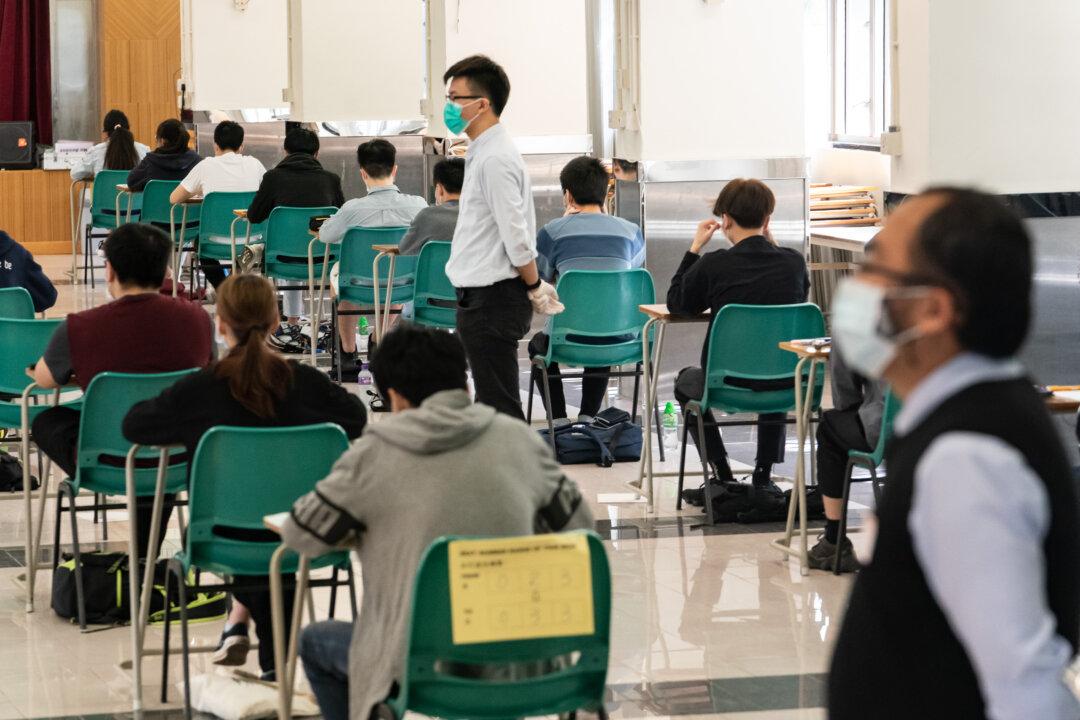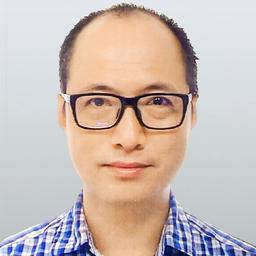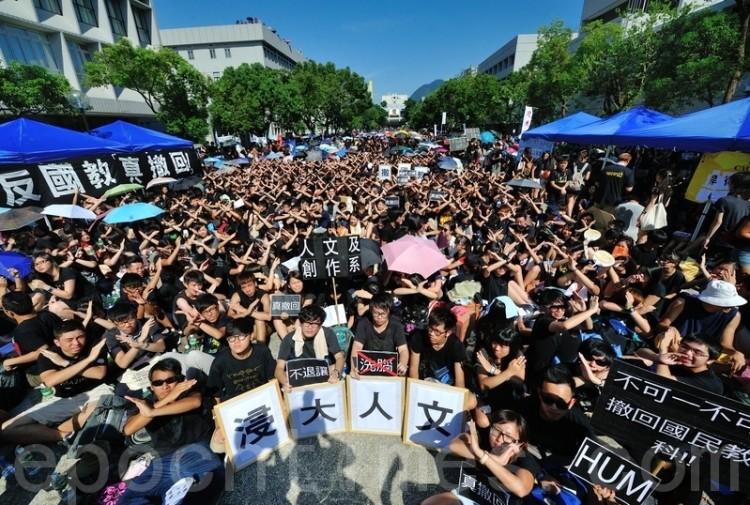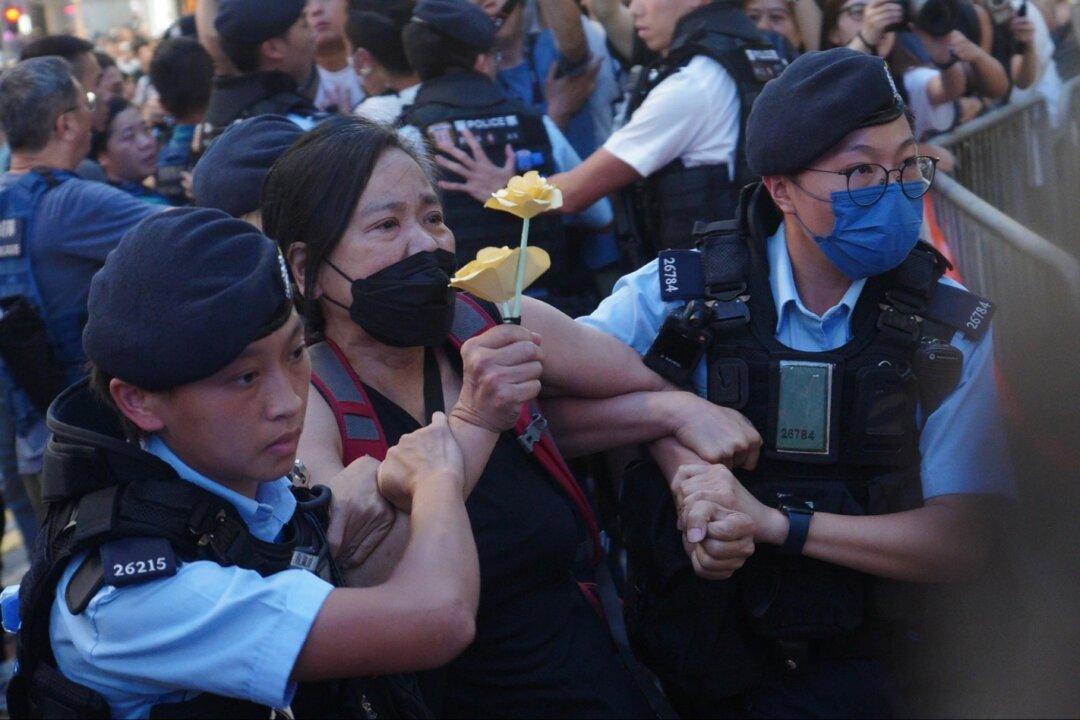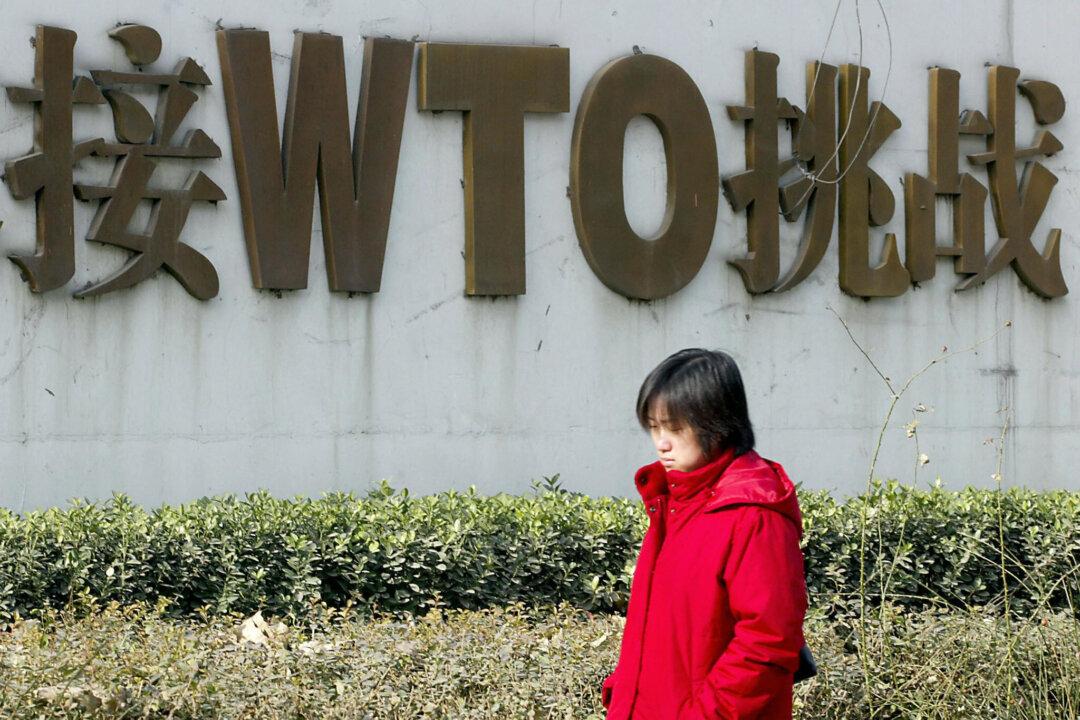Commentary
On July 7, 2022, the 85th anniversary of the Marco Polo Bridge Incident, the Education Bureau (EDB) announced mandatory study tours to mainland China for students studying Citizenship and Social Development, which aims at nurturing patriotism. Students will join one of the 21 2 to 5-day itineraries, all paid for by the Bureau. After resuming cross-border travel with the mainland earlier this year, the EDB was actively finalizing the details. However, the announcement on Feb. 9 made even the leftists wince, as the finalized 22 itineraries are only 1 to 3-day tours to Guangdong, just bordering Hong Kong, eight of which are only one day. All the longer trips to more distant provinces such as Fujian, Hunan, and Guizhou are unavailable.
